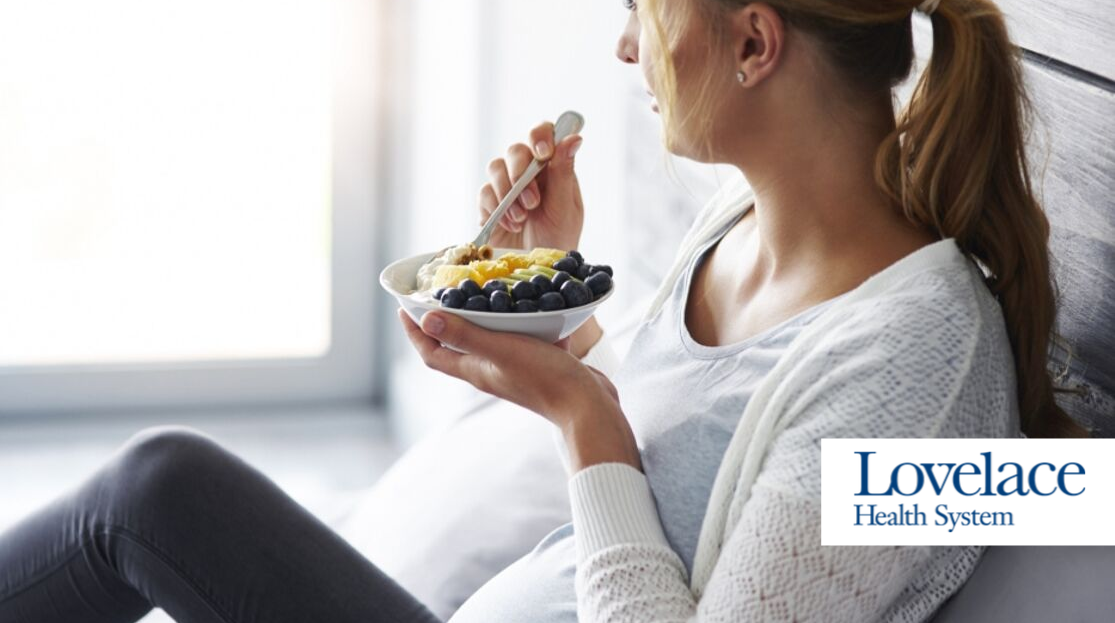
According to the Centers for Disease Control and Prevention (CDC), an estimated one in six Americans gets sick from foodborne illness every year. Nationally, September is recognized as Food Safety Education Month to spread awareness about the seriousness of foodborne illness. When you’re expecting, food safety should be top-of-mind to ensure the healthy development of your baby.
The USA Food and Drug Administration (FDA) recommends that expectant mothers follow a diet that includes a variety of different vegetables, fruits, whole grains, a variety of protein foods, oils, and fat-free or low-fat dairy.
Foods that you should not consume while pregnant include:
-Fish containing high levels of mercury
-Raw or undercooked eggs
-Raw sprouts
-Raw fish, including sushi, carpaccio, sashimi and ceviche
Generally, when handling food, the following are helpful food safety tips:
-Wash your hands thoroughly with soap and hot water before preparing any type of food
-When handling fruits and vegetables, rinse fully before eating
-Wash cutting boards and knives with soap and hot water after you’ve used them
-Wash your hands with soap and water after touching unwashed vegetables or raw meat
-Thoroughly cook all meats to the appropriate temperatures
In particular, toxoplasmosis, salmonellosis, and listeriosis are all foodborne illnesses are that especially threatening to expectant mothers. Toxoplasmosis can be caught from eating undercooked meat or touching cat feces and can cause you to feel flu-like symptoms.
Listeriosis has similar flu-like symptoms and can be caught from consuming meat, cheese, poultry, and salad. Salmonella, a bacteria often found in milk, meat, and poultry, causes one of the most common types of food poisoning – salmonellosis. It’s important to be aware of the major types of foodborne illnesses that can affect you and your baby.
Below are some tips for helping to prevent development of these foodborne illnesses from the FDA:
-Refrigerate or freeze prepared foods, perishables and leftovers within two hours of preparation or consumption.
-Clean your refrigerator often with hot water and a mild liquid dishwashing detergent.
-Once a week, check your food for the expiration and use by dates, toss anything that is expired.
-Wash all salad ingredients before preparing and eating.
-Avoid eating foods that are made using raw or undercooked eggs
-Avoid ready-made salads and coleslaws, especially at deli counters
-Cook meat and poultry until there is no pink and the juices are clear
If you develop symptoms of a foodborne illness including vomiting, diarrhea, fever or nausea after consuming questionable foods, contact your healthcare provider as soon as possible.




